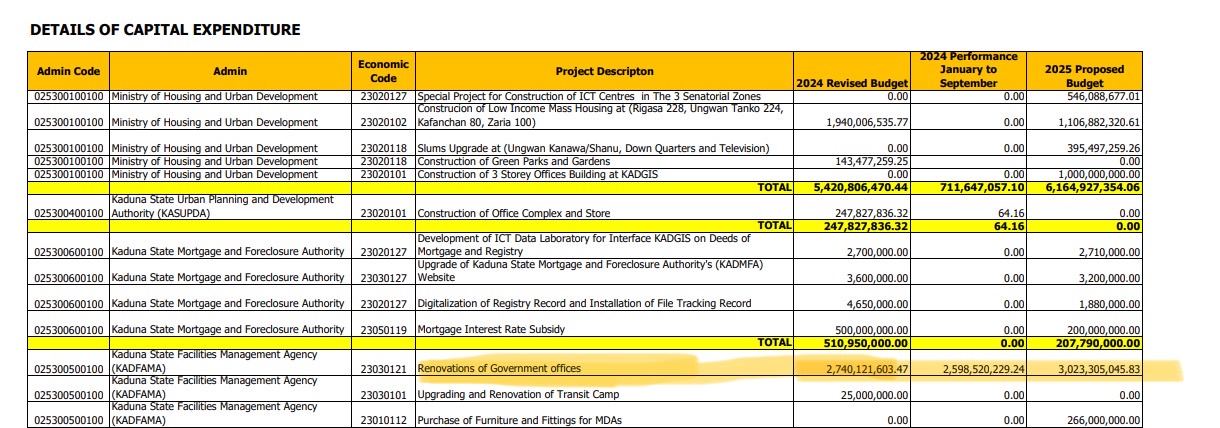Empowering African Boards: Strengthening Digital Resilience Through Tabletop Exercises
ARTICLE AD BOX
The induction should focus on familiarising the new directors with the Company’s strategic plan
Digital transformation across Africa has ushered in tremendous opportunities, but it has also exposed organisations to escalating digital threats, including cybersecurity breaches, privacy violations, and safety crises. For Boards of Directors in Africa, the stakes are higher than ever. Beyond ensuring operational efficiency and profitability, safeguarding digital trust has become a cornerstone of modern governance. One of the most effective tools to prepare for these challenges is the tabletop exercise – a strategic, simulated practice that enhances organisational resilience.
Strategic Advantages of Tabletop Exercises
As stewards of organisational governance, Boards of Directors in Africa must ensure that management teams are effectively prepared to address evolving digital threats. Tabletop exercises are not just operational tools but essential governance mechanisms that Boards can mandate to evaluate management’s readiness, identify critical vulnerabilities, and ensure alignment between risk mitigation strategies and long-term organisational objectives. By reviewing the outcomes of these simulations, Boards can provide strategic oversight, ensuring that management allocates resources effectively, implements robust crisis response plans, and safeguards stakeholder trust.
Mandating regular tabletop exercises reinforces the Board’s commitment to a culture of preparedness and resilience. It allows Boards to hold management accountable for meeting digital security expectations while demonstrating proactive governance to shareholders, regulators, and customers. Through this approach, African Boards can set a strong example in fostering digital trust, ensuring their organisations remain secure, competitive, and resilient in an interconnected global economy.
Board Oversight of Digital Resilience
As fiduciaries, Board members have a responsibility to ensure that their organisations are prepared for potential digital crises. Tabletop exercises, when properly implemented, can provide Boards with critical insights into their organisation’s digital resilience capabilities. Boards must mandate regular tabletop exercises as part of the organisation’s risk management strategy. This proactive approach demonstrates a commitment to digital resilience and sets the tone for the entire organisation.
Reviewing and evaluating the outcomes and lessons learnt from these exercises is a crucial aspect of Board oversight. By analysing the results, Boards can gain valuable insights into potential vulnerabilities, response capabilities, and areas for improvement. This information is vital for informed decision-making on resource allocation and risk management strategies.
Boards must ensure that management incorporates key learnings from tabletop exercises into response planning and governance structures. This follow-through is essential for translating simulations into tangible improvements in the organisation’s digital resilience posture.
To maximise the value of tabletop exercises, Boards should frame them within the context of corporate governance and risk oversight. This involves considering how exercise outcomes inform strategic decision-making, assessing the impact of identified vulnerabilities on shareholder value and stakeholder trust, and evaluating potential regulatory and compliance implications revealed through simulations.
Boards can use the insights gained to enhance their own digital competence. This can be achieved through requesting comprehensive briefings on exercise outcomes and their strategic implications, incorporating digital resilience discussions into regular Board meetings, and considering the addition of cybersecurity expertise to the Board.
Boards play a crucial role in ensuring transparency and accountability to stakeholders regarding digital resilience. They can leverage tabletop exercise insights to communicate proactive risk management strategies to shareholders, demonstrate due diligence in overseeing digital trust to regulators, and build confidence among customers and partners in the organisation’s preparedness.
African Boards must champion the adoption of robust digital trust practices. . Tabletop exercises are a proactive declaration that African businesses are ready to scale, compete, and thrive in the global market. While global counterparts may have more resources, Africa’s Boards have the agility, resilience, and determination to set new benchmarks in digital trust.
African Boards stand at a pivotal moment. The choices made today will define not only their organisations’ ability to withstand digital crises, but also their reputations as custodians of trust in the digital age. Tabletop exercises are the bridge between reactive responses and proactive governance, enabling Boards to lead with confidence and vision in safeguarding digital trust.
Digital threats are not a matter of if but when. For African Boards, overseeing digital resilience is a matter of fiduciary duty and strategic governance. By mandating and evaluating the outcomes of tabletop exercises, Boards fulfill their oversight responsibilities, enhance their digital competence, and demonstrate their commitment to stakeholder value in an increasingly digital African business landscape.


 1 week ago
20
1 week ago
20


















.jpg)



.jpg)

.jpg)








 English (US)
English (US)